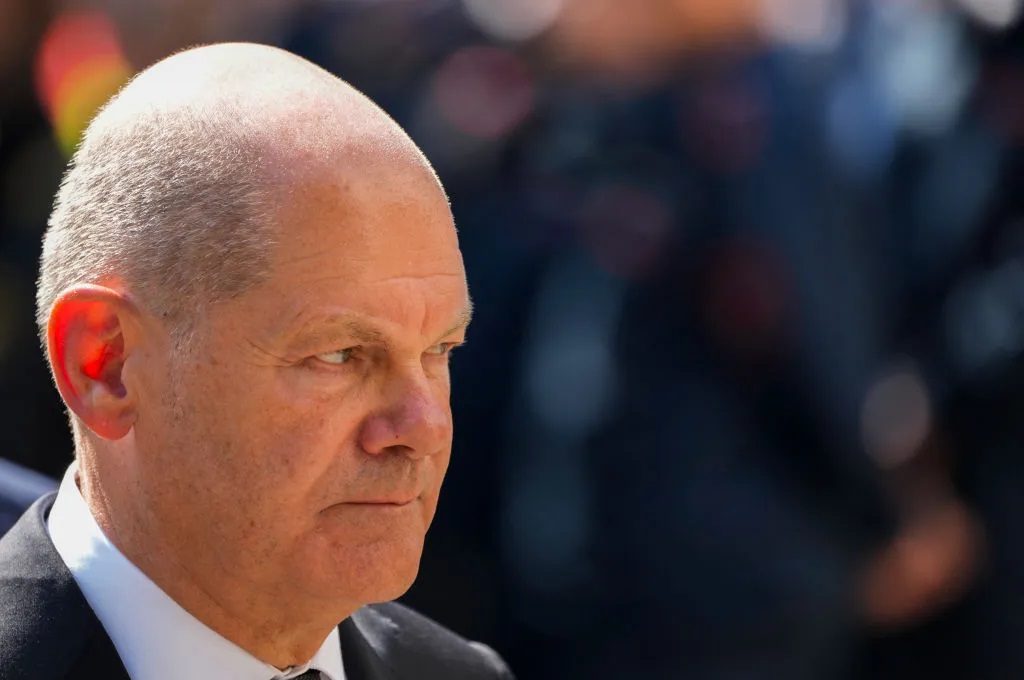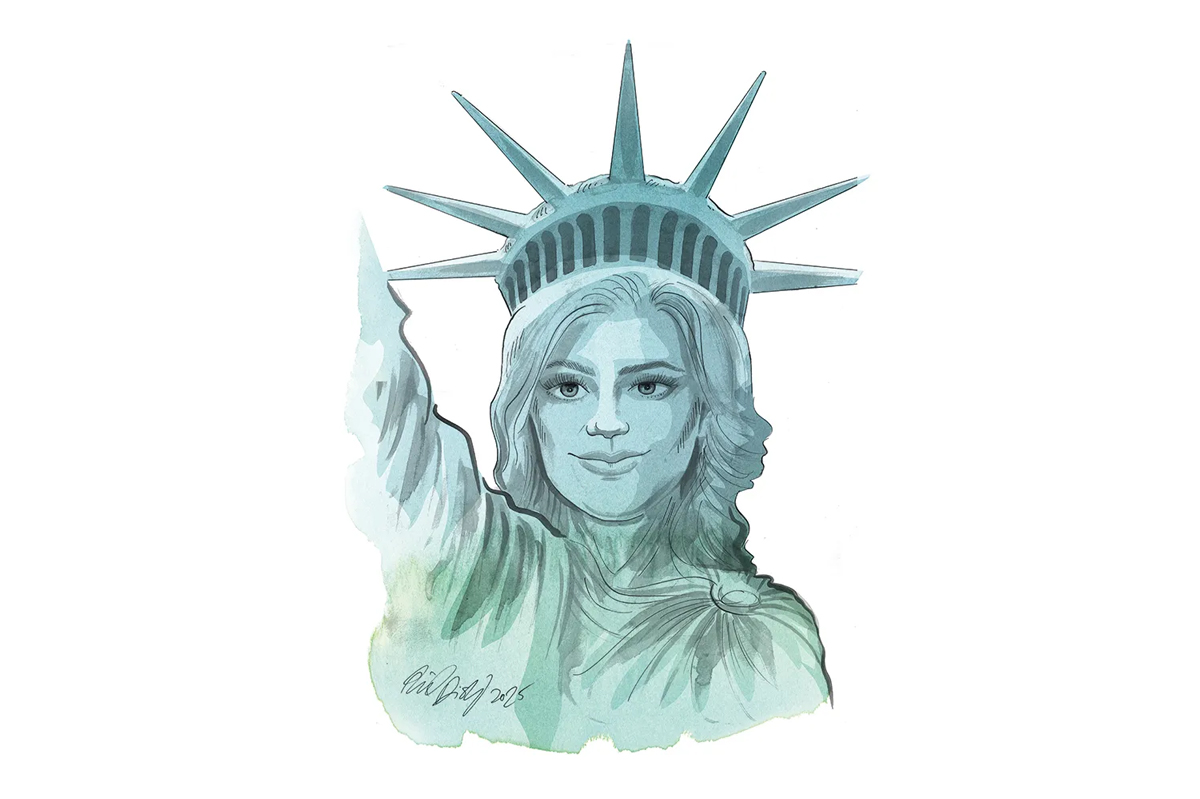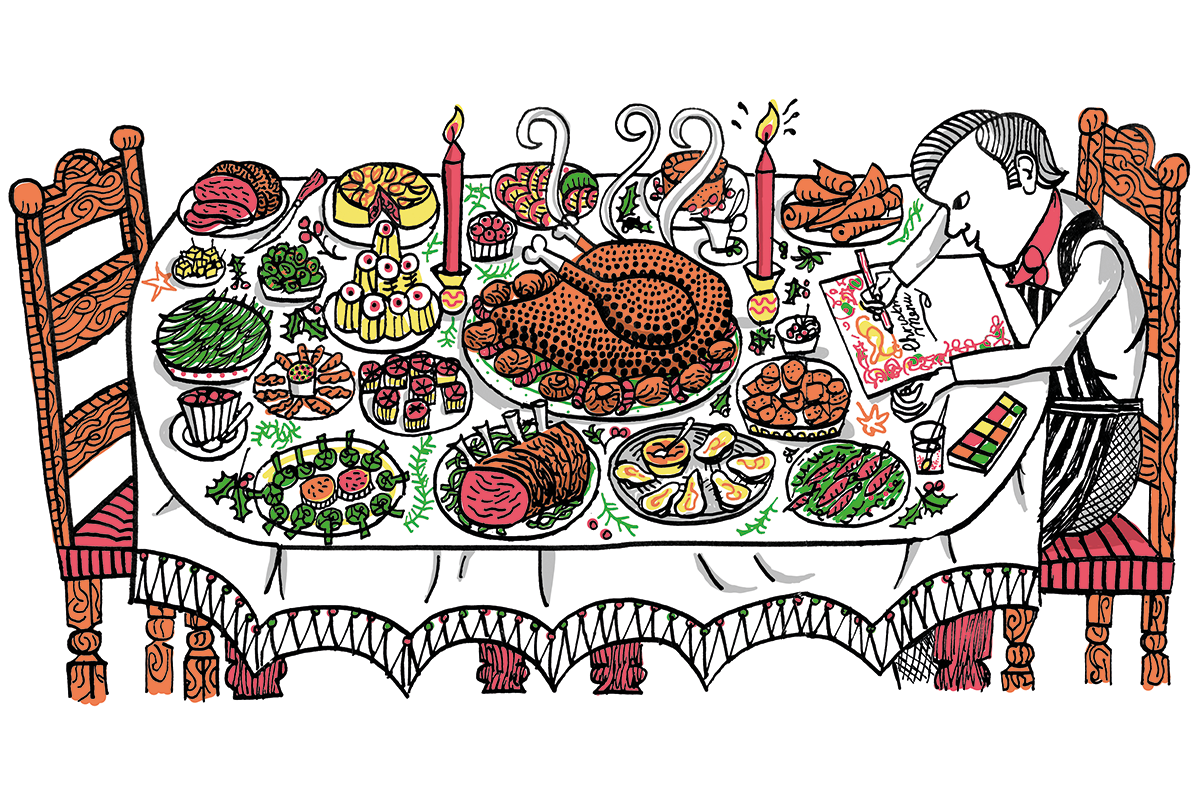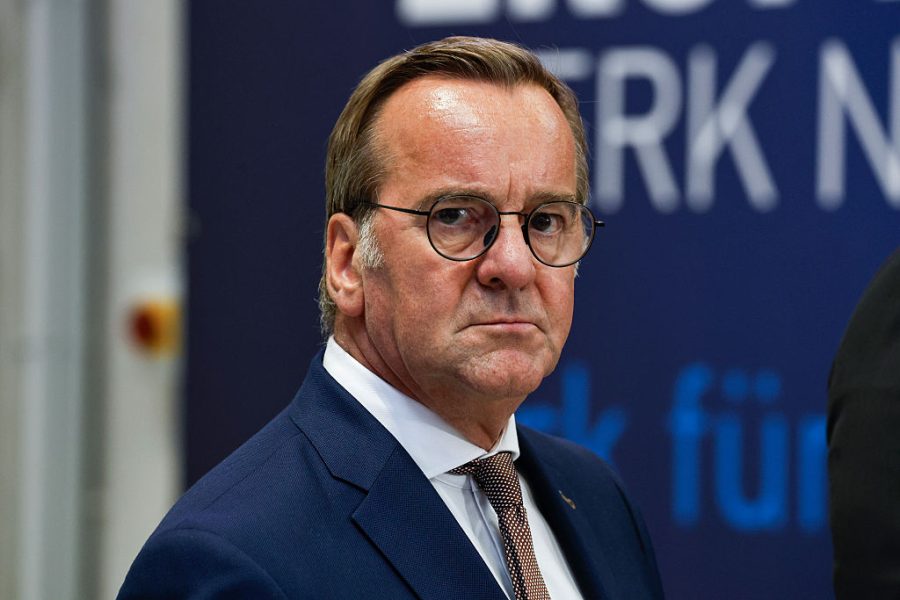In a drastic move to curb illegal immigration, the German government has announced that it will tighten controls on its borders. Long-term measures to reduce the number of asylum seekers entering the country are being discussed in cross-party talks in Berlin.
This represents paradigm shift on immigration. Germany opened its borders to over one million asylum seekers during the refugee crisis of 2015, and it did so — outwardly at least — with a sense of optimism. Then-chancellor Angela Merkel’s rallying call of “we can do this” quickly turned into an official policy of “Wilkommenskultur” — “Welcoming Culture.”
But nearly a decade later, the cultural, social and economic strain of mass immigration has become the top concern for German voters, forcing Berlin into a hectic rethink. The debate has come to a head after a spate of terror attacks and recent electoral gains by the anti-immigration Alternative für Deutschland (AfD). The CDU/CSU, the conservative opposition alliance, has demanded that refugees be turned away at the border, putting chancellor Olaf Scholz’s battered coalition of Social Democrats (SPD), Greens and Free Liberals (FDP) under pressure to respond.
The politics of the EU have been increasingly at odds with those of some of its member states
And they have. Scholz’s cabinet has agreed on a bundle of measures that includes more deportations of foreign criminals, restrictions on carrying knives in public and increased powers for police.
The opposition still wants more, and is pushing for a “clear reduction of the influx of people,” as one of their politicians put it. The conservatives are in a very strong position to press the ruling parties on this. The latest poll has them getting just under a third of the vote in a general election, more than all of the coalition partners together. The AfD is in second place, projected to get nearly a fifth of the vote.
The conservatives know that there is strife within the governing parties. FDP leader Christian Lindner told the press that “people are pissed off by the fact that the state has potentially lost control over immigration and asylum.” The SPD sit in the middle, with Scholz himself having talked of a new “toughness” for some time, including the “large-scale” deportation of illegal immigrants. Saskia Esken, the party’s co-leader, urged caution, saying Germany must “keep a friendly face.” The pro-immigration Greens have accused the opposition of “blackmailing” the government on an issue that has the potential to blow up its fragile peace.
The conservatives will be confident that pressuring the government on immigration is the right move. If the coalition falls apart over this issue, they would benefit from early elections. If it doesn’t, the momentum of public opinion will continue to swing further to the right.
If the coalition holds, the next general election will take place in a year’s time. Germany is almost certain to vote for a tougher stance on immigration. The CDU/CSU, which is most likely going to win, will be able to enact its hardline policies. Undoubtedly this has the potential to cause tension within the European Union. The Austrian Interior Minister Gerhard Karner has already responded to the existing plans by saying that his country “won’t accept people who have been turned back by Germany.”
But this is not the same as saying that Austria and other EU countries won’t welcome a German-led shift in European immigration policy. The politics of the EU have been increasingly at odds with those of some of its member states. The Italian government under Giorgia Meloni has passed measures to deter migrants. Hungary recently announced it had plans to send busses of asylum seekers to Brussels in retaliation for a $220 million fine imposed in June by the European Court of Justice. Countries traditionally considered more liberal. such as Denmark and Sweden, have introduced some of the toughest immigration policies. The right-wing turn in the EU elections suggests that this is reflective of the public mood across the bloc.
If Germany is heading for a paradigm shift on immigration, then Brussels will likely have to follow.
This article was originally published on The Spectator’s UK website.

























